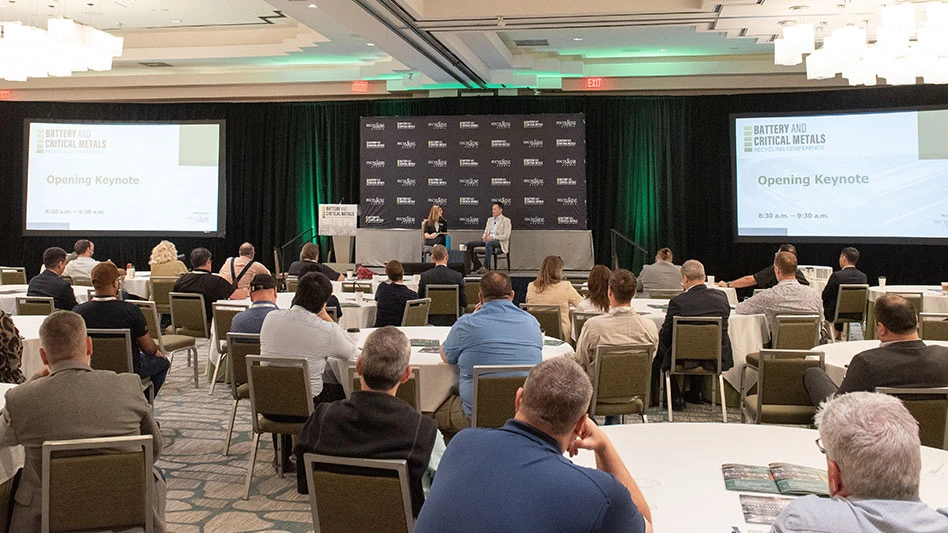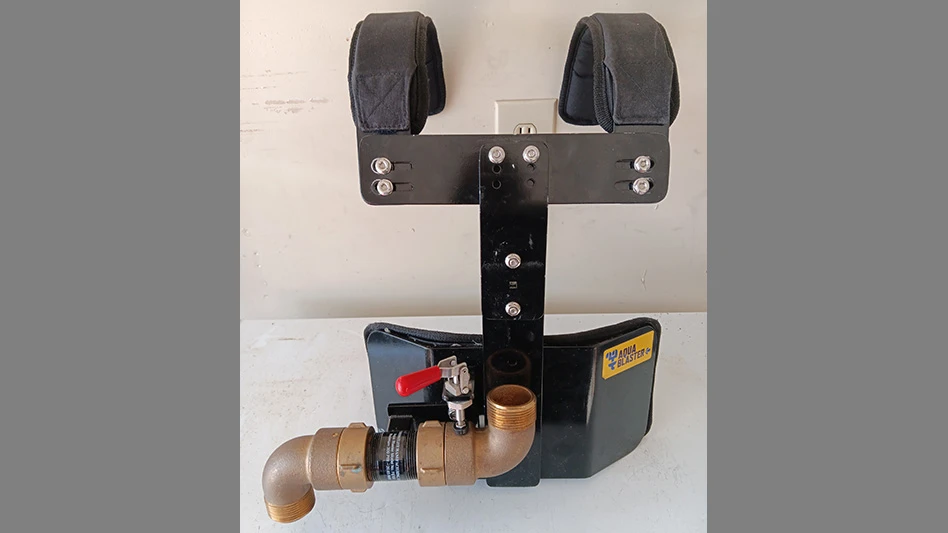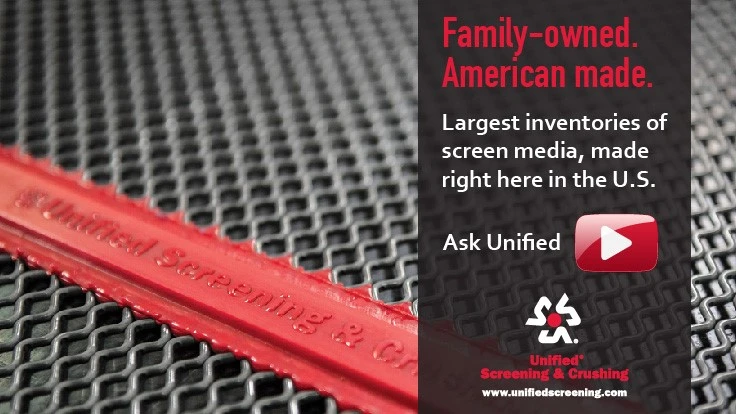
Katsiaryna | stock.adobe.com
Norway-based equipment and technology provider Tomra Systems ASA has acquired 80 percent of the shares in C-Trace GmbH, a Germany-based digital waste management solutions company.
C-Trace, founded in 2005, offers advanced solutions that combine software and hardware modules to digitize and improve the process for waste management operations. Its focus on new artificial intelligence- (AI-)driven capabilities has generated market interest and is opening new market opportunities in the segment, according to the company, and offers an ideal entry point into the digital waste management solutions market.
“We are very enthusiastic about joining forces with C-Trace," Tomra President and CEO Tove Andersen says. "This allows Tomra to broaden our offering in the waste management and recycling space and adds new digitalization capabilities across the recycling value chain. Combining Tomra’s solutions and customer base with C-Trace, we can drive innovation and unlock new market opportunities. Over the next years, our priority will be to expand C-Trace’s international presence by utilizing Tomra’s global footprint. Ultimately, our common ambition is to increase collection and recycling rates—turning more waste into valuable resources—by shaping tomorrow’s recycling infrastructure."
RELATED: Tomra sharpens focus on wood sorting, recycling
Tomra says the acquisition of C-Trace aligns with its strategy, outlined during 2024 Capital Markets Day, to seek to develop adjacent business building through mergers and acquisitions. The addition of C-Trace will support Tomra’s goal of driving additional profitable growth and diversifying its revenue streams while broadening its market impact, the company says.
Tomra develops solutions that enable circular economies and optimal resource productivity through automated identification, collection, grading and sorting of resources.
C-Trace employs about 120 people and generates 80 percent of its sales in Germany. Tomra initially acquired 80 percent of the shares in C-Trace, with an option for the remaining 20 percent, which are held by the founders, after two years.
Latest from Construction & Demolition Recycling
- Radius experiences sixth consecutive quarterly loss
- US ferrous market exhibits upward pricing pressure: Davis Index
- Engcon adds to Tiltorotator line
- Mecalac launches Revotruck site dumper in North America
- Georgia city implodes abandoned hotel with infamous past
- Volvo CE dealership in Canada changes hands
- Takeuchi adds southwestern US manager
- US Navy awards demolition contract in Florida





